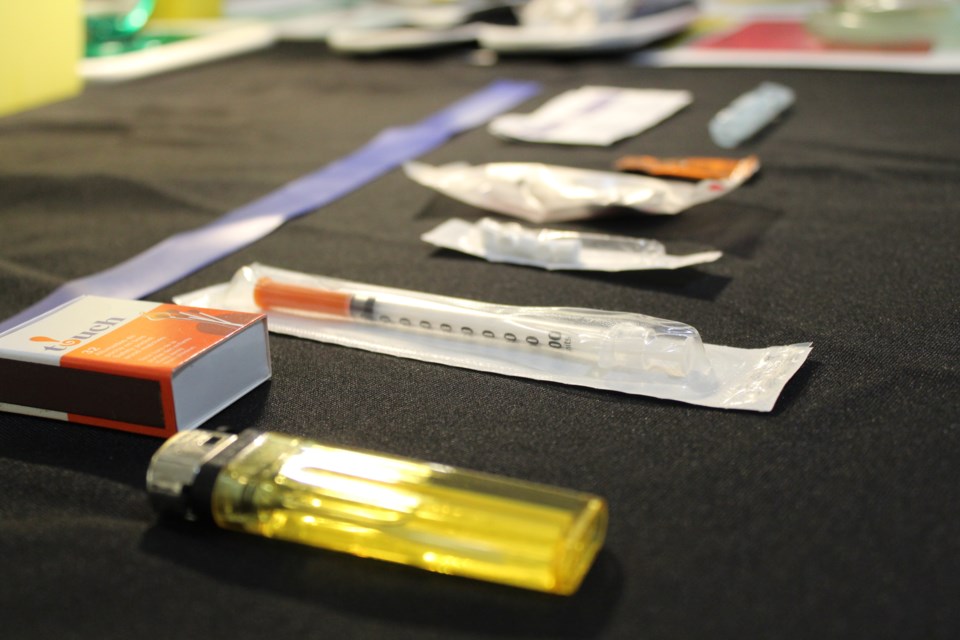Editor's note: BarrieToday contacted all of the candidates in the Barrie-Innisfil riding to hear what they have to say on a series of high-profile topics ahead of Thursday's provincial election. Each candidate was asked to provide a 150-word response. Here is what they had to say about the opioid crisis.
*************************
Pekka Reinio, NDP:
We cannot allow the long-standing opioid crisis, toxic drug supplies and ever-growing tragedy of overdose deaths to continue across our province.
As Andrea Horwath stated recently, “too many parents have had to bury their child because of a toxic overdose. It’s heartbreaking and horrifying how the opioid epidemic is taking precious lives, and tearing families apart. The enormity of the opioid and overdose epidemic is a call to action.”
The NDP will remove arbitrary caps on safe consumption sites across Ontario to remove barriers and improve access to stigma-free services. We will also bring mental health care under OHIP so that counselling and therapy is accessible to all.
Jake Tucker, Ontario People’s Front:
We support a 'harm reduction' approach.
Decriminalization of all substances and a safe regulated supply, which is at the heart of the opioid crisis, plus better access to public health to those who want it alongside issues of poverty and mental illness.
Bonnie North, Green:
The Ontario Drug Policy Research Network reported that fatal opioid overdoses increased 79 per cent after COVID-19 hit, yet lives continue to be lost as a result of the Ford government’s negligent lack of urgency to address this crisis.
Marginalized Ontarians are most affected by this catastrophic public health emergency, in particular those without homes.
Greens will urgently take a Housing First approach and build 60,000 affordable, permanent, supportive, housing spaces, with wrap-around mental health and addiction services, and Greens will dedicate 10 per cent of those homes to people with complex needs.
Moreover, we need to support harm reduction efforts with expanded access to safe supply and more overdose prevention sites. Ford’s capping the number of sites at 21 was irresponsible and dangerous, and has cost lives in Ontario.
Greens will increase consumption and treatment sites throughout the province and expand the availability of harm reduction programs, including safe supply.
Benjamin Hughes, independent:
The opioid crisis is an interesting one. I think providing education on the topic is always a great place to start. Not just to our youth but to our parents as well.
Majority of time is spent at home and generally speaking kids feel more comfortable asking questions around their parents. So more education and talk about the subject keeps people more informed.
Grace Dean, Ontario Party:
Remove the safe injection sites as this enables use. Replace with programs to treat the addiction.
More jail time for offenders and dealers.
Place limits on doctors and pharmacies can dispense to patients.
John Olthuis, Liberal:
The Ontario Liberal plan is to invest $3 billion in new money to help support those who need help the most. This would include 1,000 new mental-health professionals to specifically target at-risk youth and our publicly funded schools.
Over the next four years, we would invest $300 million in new money to help with addiction treatment and intervention for those who need it.
We will work on reversing the Ford government’s actions by lifting the arbitrary cap on consumption sites and providing 24/7 funding to key sites in communities that have been hit the hardest with the pandemic, as well as providing funding for dealing with needle debris.



